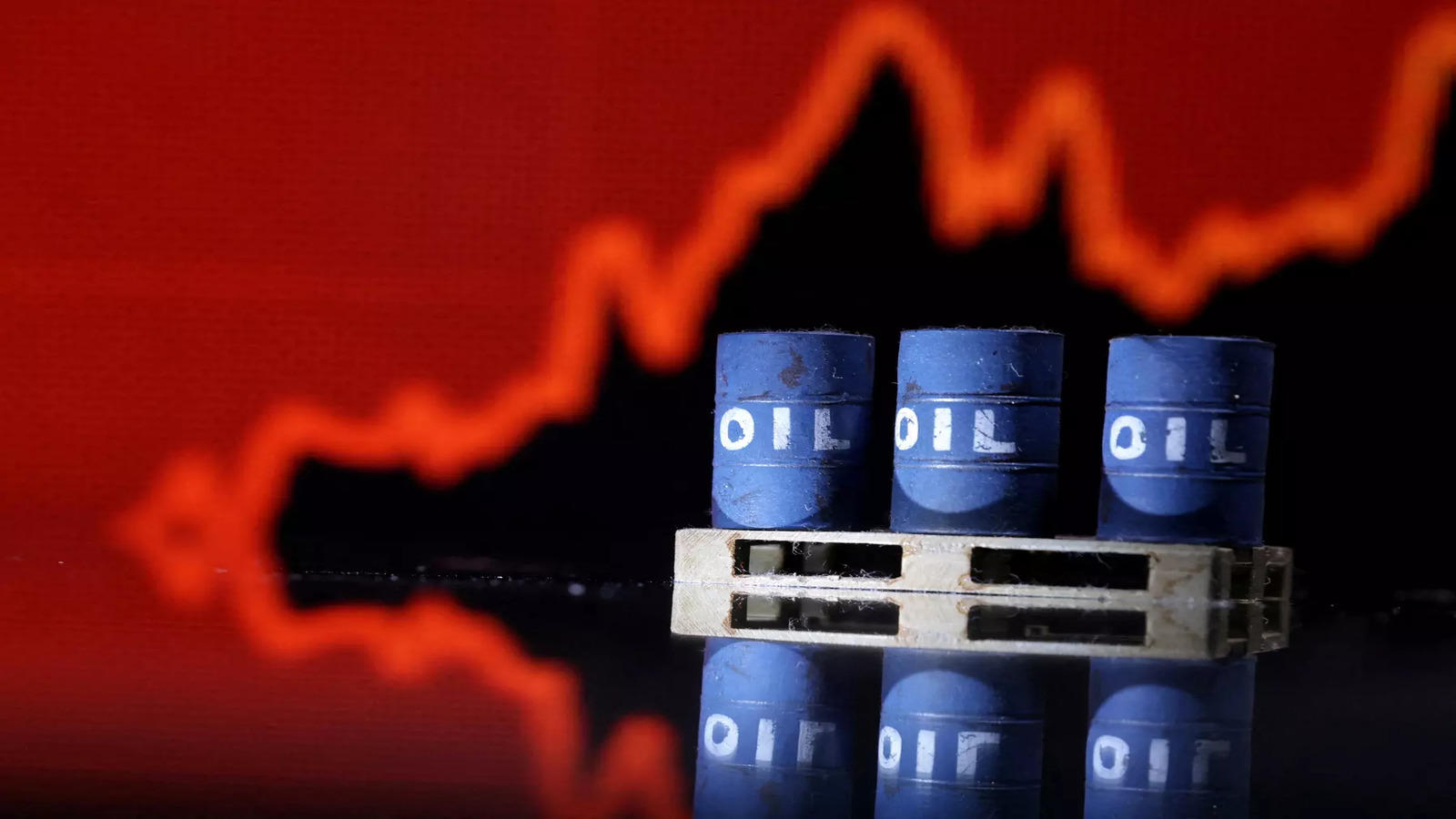In a monthly report, the IEA projected that India's oil product demand growth would slow to 2.5% next year from 4.1% in 2023. (ET)

- 15 Dec 2023
Why is it in the News?
The International Energy Agency (IEA) said recently that the "explosive growth" in Indian oil product consumption may be coming to an end.
About International Energy Agency:
- The International Energy Agency (IEA) is an autonomous intergovernmental organization founded in 1974 in Paris, France.
- Its primary focus revolves around energy policies, emphasizing economic development, energy security, and environmental protection, collectively known as the '3 E’s of IEA.'
- The IEA Clean Coal Centre is dedicated to providing independent information and analysis on making coal a cleaner energy source in line with UN Sustainable Development Goals.
- Originating in response to the oil crisis of 1973-1974, the IEA's mandate has evolved to include tracking global energy trends, advocating sound energy policies, and fostering international energy technology cooperation.
- Mission: The IEA's mission is to ensure reliable, affordable, and clean energy for its member countries and beyond.
- Focus Areas: Key focus areas include energy security, economic development, environmental awareness, and global engagement.
- The IEA collaborates closely with non-member countries, particularly major producers and consumers, to find solutions to shared energy and environmental concerns.
- IEA’s Membership: The IEA is made up of 30 member countries.
- It also includes eight association countries. Four countries are seeking accession to full membership, Chile, Colombia, Israel and Lithuania.
- A candidate country to the IEA must be a member country of the Organisation for Economic Co-operation and Development (OECD).
- Membership Criteria:
- Adequate Reserves: Prospective member countries must maintain crude oil and/or product reserves equivalent to 90 days of the previous year's net imports.
- These reserves, accessible to the government even if not directly owned, should be readily deployable to address disruptions in the global oil supply.
- Demand Restraint Program: Candidates are required to implement a demand restraint program aimed at reducing national oil consumption by up to 10%.
- Emergency Response Capability: Member countries must have legislation and organizational frameworks in place to operate Coordinated Emergency Response Measures (CERM) on a national basis.
- Transparent Reporting: Legislation and measures should be established to ensure that all oil companies under the jurisdiction of the candidate country promptly report information upon request.
- Collective Action Capability: Measures must be in place to guarantee the country's capability to contribute its share in collective actions initiated by the International Energy Agency (IEA).
- Adequate Reserves: Prospective member countries must maintain crude oil and/or product reserves equivalent to 90 days of the previous year's net imports.
- India joined this organization in 2017 as an Associate member.
- However, in 2021, the International Energy Agency (IEA) invited India, the world’s third-largest energy consumer, to become its full-time member.
- Major reports published by the IEA include the World Energy Outlook, World Energy Investment Report, World Energy Statistics, World Energy Balances, Energy Technology Perspectives, and the India Energy Outlook Report.
